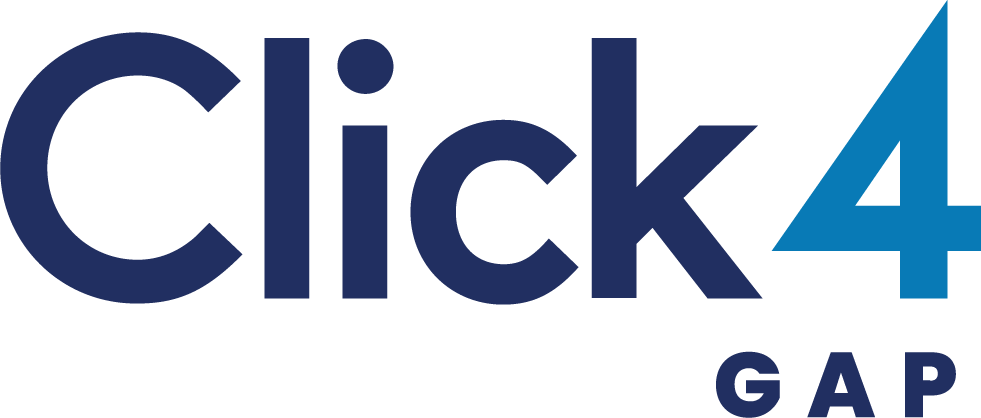Car Lease vs Contract Hire vs HP vs PCP: What Is The Difference?
Are you confused by the terminology and payment methods available when buying a new car; Car Lease vs Contract Hire, PCP or HP? Here we explain the difference.
When you buy a new car, you often have a choice of paying for it with cash or by using one of a number of different ways to finance the purchase of the vehicle. You might be trading in an old car, part exchanging or selling outright. You might not have anything to trade in at all and are looking for a straightforward purchase without any additional part-ex to reduce the cost of your new vehicle.
Paying in Cash vs PCP vs HP vs Lease Purchase vs Lease Hire
To understand the difference between each of these payment types let’s define each one in simple terms…
Cash
For many years, paying in cash was the best way to get a good discount on any car purchase, particularly if there was no part exchange of another vehicle to complicate matters for the dealer / seller to then have to sell also.
That is still true but today many manufacturers offer additional incentives if you choose an alternative payment methods – such as a deposit allowance if you opt to finance the vehicle on PCP.
PCP (Personal Contract Purchase)
A PCP loan agreement provides financial assistance in the form of a loan to help you buy the vehicle. These monthly payments tend to be lower than if you were to choose a Hire Purchase agreement, but there are usually large balloon payments at the end of the contract – this is referred to as the Guaranteed (Minimum) Future Value.
With PCP you have several options at the end of the contract. 1) You can make the final balloon payment, at which point the car becomes yours, 2) You can use the trade-in vehicle as a down-payment towards a new PCP on a new car, or 3) You can simply hand the car back.
—–
Related Reading: Negative Equity on Car Finance: What It Means to You
—–
Do I need Gap Insurance on a PCP car?
In a PCP car deal, you don’t fully own the vehicle until you’ve made the final balloon payment. Until then, you’re essentially leasing the car. If the car were to be written off or stolen before this point, you’d still be liable for the outstanding payments.
This is where gap insurance steps in, providing a safety net that covers this potentially significant financial risk. It ensures that you’re not left footing the bill for a car that you no longer possess, thus protecting your finances.
HP (Hire Purchase)
An increasingly common option, a HP agreement divides the loan into equal instalments, spreading the cost of the purchase over a number of years. You do have to make an initial lump sum deposit on top, but then the payments are set for the duration of the contract.
At the end of the term the car is yours, which is unlike with a PCP agreement in that there is no balloon payment, but the monthly payments do tend to be higher as a result.
Lease Purchase
A Lease Purchase agreement is similar to HP, but the monthly instalments tend to be lower and there is a balloon payment at the end, as with PCP. However, unlike a PCP contract, the final balloon payment must be made. i.e. you can’t just hand the car back over and walk away. That said, there is sometimes an option to extend the contract by making additional monthly payments or refinancing the vehicle to cover the balloon payment.
—–
Related Reading: The Benefits Of Car Leasing In The UK: Finding The Perfect Car Lease
—–
Contract Hire / Lease Hire
A Contract Hire or Lease Hire is a long-term rental agreement that is suitable if you do not want to purchase the car outright at the end of the term. In essence you are ‘hiring’ the car for a period of time.
The car remains the property of the leasing company from start to finish – they are the vehicle’s registered owner and keeper throughout. As such, Leasing contracts were traditionally the payment method of choice for company cars, but PCH (Personal Contract Hire) is growing in popularity.
Lease Gap Insurance Do I Need It?
Not everyone leasing a vehicle will require lease gap insurance. It is most beneficial in scenarios where the car’s depreciation rate is high or when you have a long-term lease. In these cases, the vehicle’s value can decrease faster than your lease payments, leaving you vulnerable to significant costs if your car is totaled or stolen.
Weighing the Pros and Cons of Lease Gap Insurance
While lease gap insurance can offer a valuable safety net, it’s important to consider your specific situation before opting for it. Consider factors like your car’s depreciation rate, your lease term, your down payment amount, and your financial capacity to handle potential costs. It’s all about evaluating your situation and making the decision that best fits your needs.
—–
Related Reading: Car Buying vs Leasing: Pros & Cons To Help You Decide
—–
Related Reading: Navigating the End of a Car Lease: What to Expect and How to Prepare
—–


